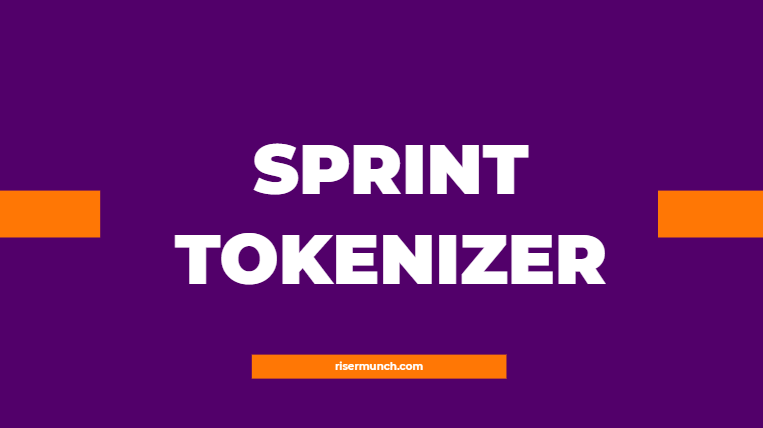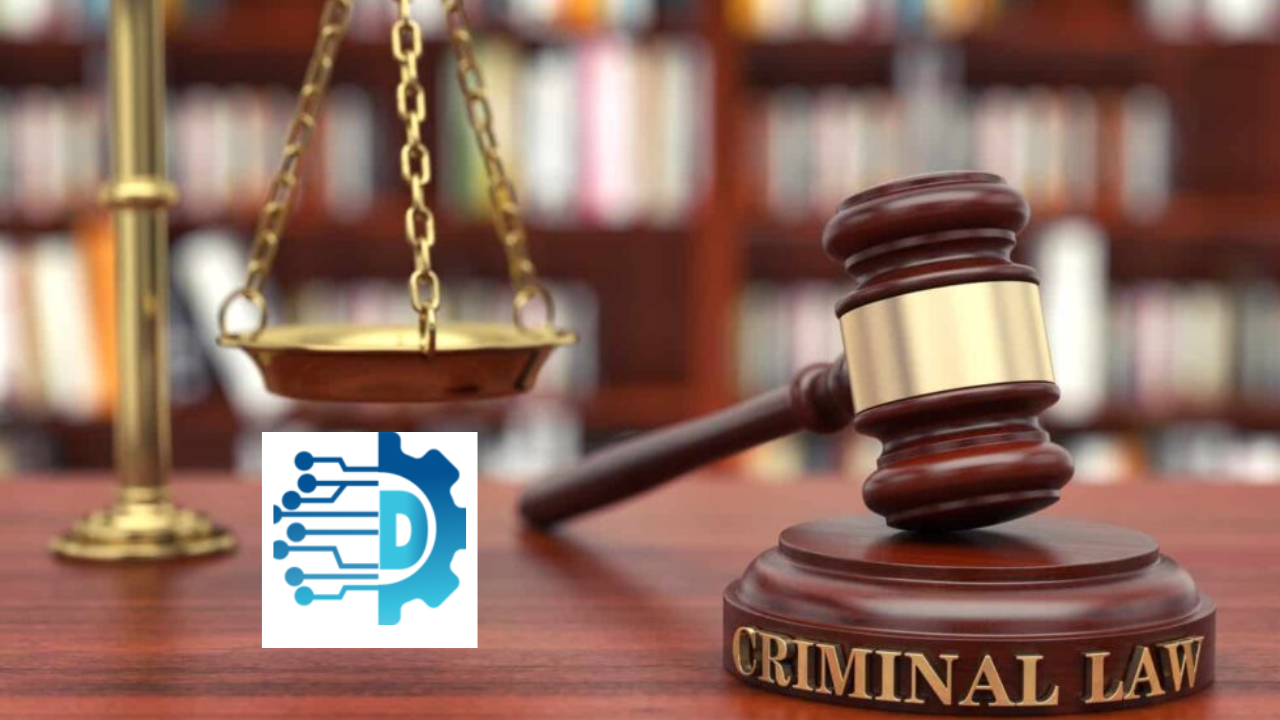Introduction to Sprint Tokenization
In the realm of data processing and software development, sprint tokenization stands out as a revolutionary concept. It fundamentally alters how data is managed, processed, and utilized in agile project environments. The principle of sprint tokenization is rooted in breaking down complex data structures into more manageable, discrete units, referred to as tokens. This approach not only simplifies data handling but also enhances efficiency in various stages of project development.
The Conceptual Framework of Sprint Tokenization
Sprint tokenization is based on decomposing data into smaller, token-based segments. These tokens represent individual data elements or a collection of related data. This method is particularly beneficial in agile project management, where it aligns perfectly with the concept of sprints – short, iterative phases focused on specific tasks or goals. By applying tokenization, teams can more easily manage and track progress, ensuring that each aspect of a project is given the attention it deserves.
Benefits of Implementing Sprint Tokenization
The implementation of sprint tokenization offers numerous advantages. First and foremost, it enhances data security. By breaking data into tokens, sensitive information is obscured, reducing the risk of data breaches. Furthermore, this method promotes better data management and organization, allowing teams to focus on specific data segments without being overwhelmed by the entirety of the data set. This targeted approach leads to more efficient processing and analysis, ultimately improving project outcomes.
Sprint Tokenization in Agile Methodology
Agile methodology, known for its adaptability and focus on continuous improvement, finds a perfect ally in sprint tokenization. By integrating tokenization into agile sprints, teams can achieve a higher degree of precision in their work. Each sprint focuses on a specific set of tokens, ensuring that every aspect of the project is thoroughly explored and optimized. This integration fosters a more structured and focused approach to project management.
Challenges and Solutions in Sprint Tokenization
While sprint tokenization offers many benefits, it also presents challenges. One of the primary concerns is the potential complexity of managing and tracking many tokens. To address this, teams can employ specialized software tools designed for token management. These tools facilitate the organization, tracking, and analysis of tickets, ensuring that each token is accounted for and contributing to the project’s progress.
Case Studies: Successful Applications of Sprint Tokenization
Real-world examples of sprint tokenization in action highlight its effectiveness. In software development projects, tokenization has been instrumental in breaking down complex codebases into manageable segments, leading to more efficient debugging and faster development cycles. Similarly, in data analytics, tokenization has enabled teams to isolate specific data sets for in-depth analysis, resulting in more accurate and insightful findings.
Future of Sprint Tokenization in Data Processing
Looking ahead, sprint tokenization is poised to play a crucial role in the evolution of data processing and project management. As data becomes increasingly complex and voluminous, the need for efficient and secure data handling methods will only grow. Sprint tokenization, with its focus on modularity and efficiency, is well-suited to meet these challenges and drive innovation in data management.
Embracing Sprint Tokenization for Enhanced Efficiency
In conclusion, sprint tokenization represents a significant advancement in data processing and project management. Its ability to break down complex data into manageable tokens aligns perfectly with the agile methodology, leading to more efficient, secure, and organized data handling. As we move forward in the digital age, embracing sprint tokenization will be vital to mastering the art of efficient data processing and achieving success in various project endeavors.
Streamlining Project Management with Tokenization
Tokenization in sprint methodologies streamlines project management by segmenting complex tasks into manageable units. This segmentation enhances clarity and focus, allowing teams to tackle specific aspects of a project with greater precision. By simplifying the workflow, tokenization reduces the likelihood of errors and increases overall productivity, making it an essential tool for efficient project execution.
Enhancing Data Security Through Tokenization
Sprint tokenization significantly bolsters data security. By converting sensitive information into tokens, it minimizes the exposure of critical data. This process is particularly vital in industries handling confidential information, where safeguarding data integrity is paramount. Tokenization’s role in enhancing data security is a cornerstone of its value in modern data management strategies.
Tokenization’s Role in Agile Teams’ Adaptability
Agile teams benefit immensely from sprint tokenization’s flexibility. It allows for quick adjustments to changing project requirements, ensuring that teams remain adaptable and responsive. This dynamic approach to data and task management is crucial in fast-paced environments where agility and the ability to pivot are critical to project success.
Improving Collaboration and Communication
Tokenization fosters improved collaboration and communication within teams. By breaking down data and tasks into tokens, team members can easily understand and discuss specific project segments. This clarity facilitates better teamwork and coordination, creating more harmonious and productive work environments.
Tokenization and its Impact on Project Scalability
Sprint tokenization plays a pivotal role in scaling projects efficiently. As projects grow, managing an expanding dataset becomes more challenging. Tokenization simplifies this process by allowing teams to scale their efforts incrementally, addressing each token individually, thus maintaining control and quality as the project expands.
Future Trends in Sprint Tokenization Technology
The future of sprint tokenization technology is promising, with continuous advancements expected. Emerging trends suggest a greater integration with AI and machine learning, offering even more sophisticated data analysis and management capabilities. These technological evolutions will further enhance the efficiency and effectiveness of sprint tokenization in various industries.









Leave a Reply